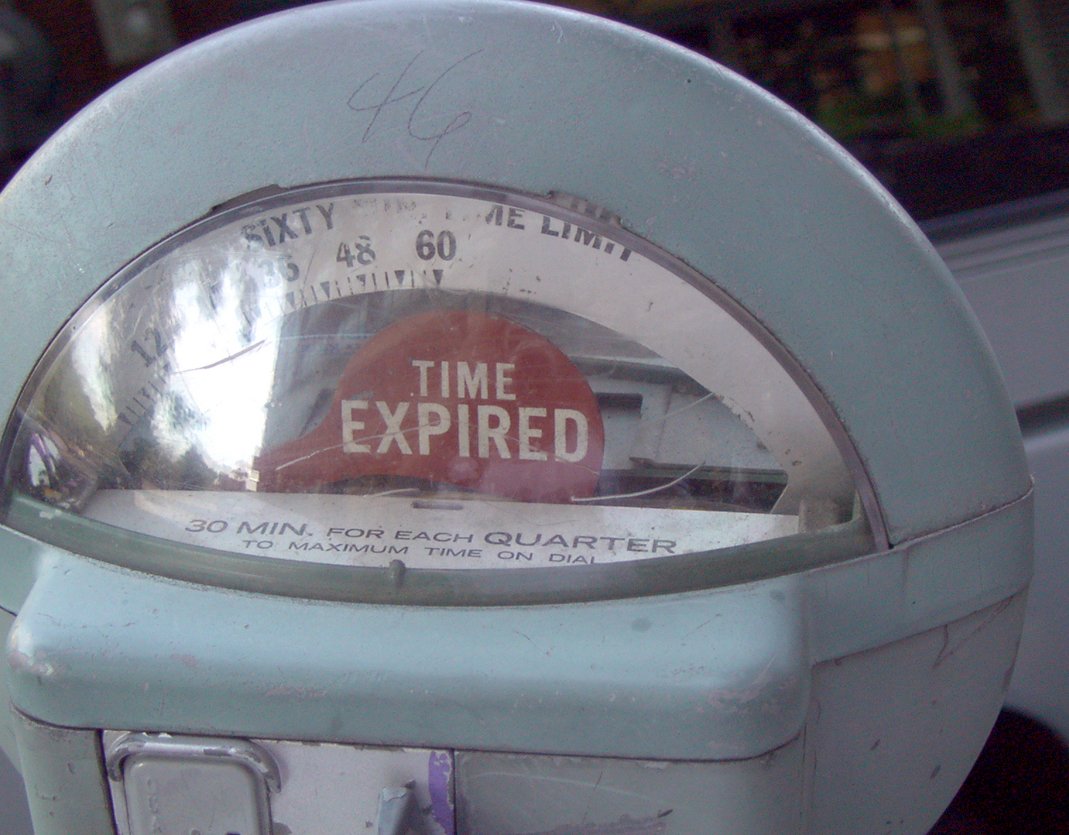

THE ANTI-PTAB lobby we've just mentioned is hoping that the USPTO rather than patent courts will somehow end PTAB. They think that the USPTO should just castrate itself. As if patent quality should not matter anymore...
"Half a year after Berkheimer we have still not seen any profound impact."Like we said some days ago, that's a very minor difference that can be attributed to all sorts of things. Charles Bieneman, on the face of it, is still 'pulling a Berkheimer' (also coined "Berkheimer Effect" by his site). There has been so solid evidence of it. Here is what he wrote: "Turning first to the first prong of the Alice patent-eligibility test, the court considered the defendant’s argument that the claim “boils down to . . . functional results” of receiving and testing a packet, that was forwarded for further tests if it passed, and dropped if it failed. According to the defendant, the claim was analogous “to a human resources manager receiving a job application, checking if there are open positions, and dropping the application if not, but checking further for requisite training or experience if so.” The court agreed with the defendant that the claim was directed to an abstract idea, noting that the plaintiff’s own description of the claim described an abstract concept, “organizing security tests into an information sharing hierarchy.”"
Half a year after Berkheimer we have still not seen any profound impact. The law firms made false predictions, hoping to (mis)use such predictions to attract business. Here's the other post he made last month (he slowed down considerably by the way). Bieneman should not promote the idea that granted US patents deserve the "Presumption of Patent Validity", especially those granted before Alice and Mayo, but here is what he wrote:
A plaintiff seeking to enforce patents claiming automated methods for uploading multimedia content was ordered to pay defendants’ attorney fees based on a finding of an “exceptional case” under U.S.C. €§ 285. Cellspin Soft, Inc. v. Fitbit, Inc., No. 4:17-CV-5928-YGR (N.D. Cal. July 6, 2018). The court had previously granted motions to dismiss because claims of U.S. Patent Nos. 8,738,794; 8,892,752; 9,749,847; and 9,258,698 were not patent eligible under 35 U.S.C. €§ 101 and the Alice/Mayo test. Relying on Inventor Holdings, LLC v. Bed Bath & Beyond Inc. (Fed. Cir. 2017), the court found the case exceptional because the claims were not only “manifestly directed to an abstract idea,” but, unlike the Inventors Holdings litigation, were sought to be enforced after a lot of post-Alice precedent should have made clear that the claims were patent-ineligible.
"Patent quality seems to be improving, but a lot of patents which haven't yet expired are still around and only few of these (a tiny proportion of the whole) were tested in court."Now watch the spin about PTAB, citing a very minor difference, albeit in a direction that suits Michael Loney's agenda (so he won't treat is as an anomaly or something almost negligible). To quote:
The Patent Trial and Appeal Board’s institution rate was 58.4% in the first two calendar months after the Supreme Court ended the practice of partial institution – down from the 2018 fiscal year rate of 62% up to the end of April
The initial effect of the Supreme Court’s SAS Institute v Iancu decision has been to push down the institution rate of petitions at the Patent Trial and Appeal Board (PTAB).